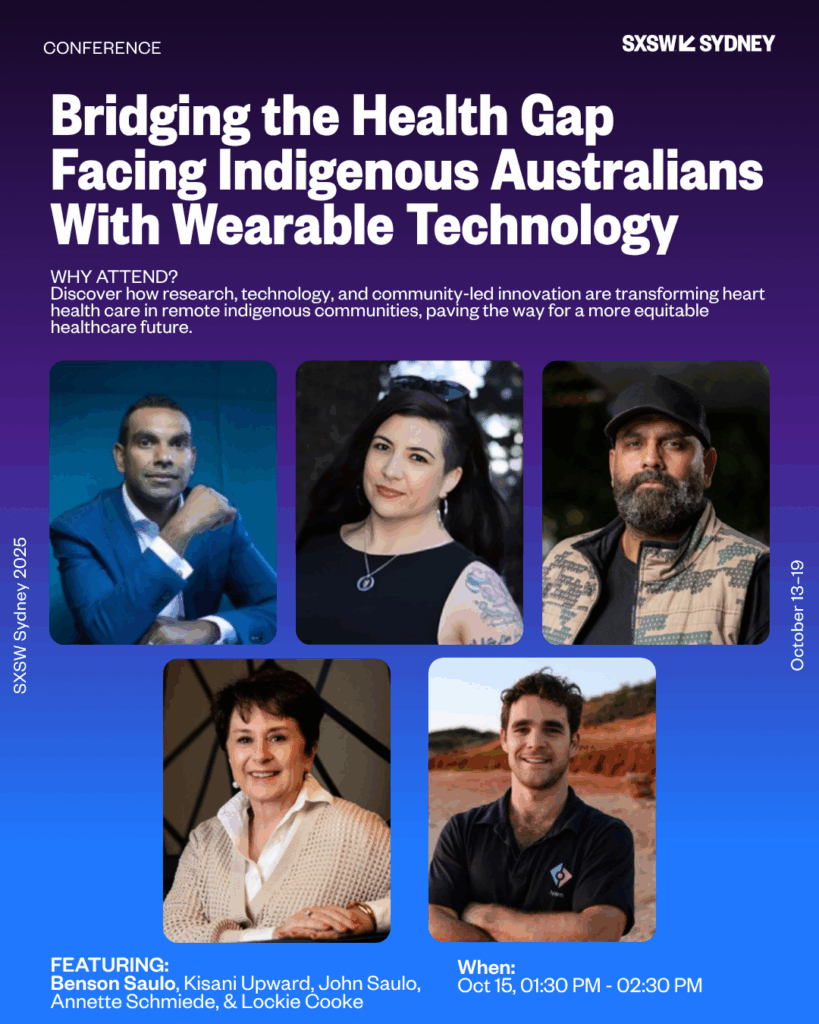Vulnerability for Building Stronger Connections
Vulnerability is a big part of authenticity and connection. We’re taking a deep look at the power of vulnerability and how you can apply Dr Brené Brown’s research on vulnerability.
What is Vulnerability?
Perhaps it was the TED talk of a decade ago where Dr Brené Brown put the term ‘vulnerability’ on the map.
Shortly after, Dr Brown published a series of best-selling books, including The Gifts of Imperfection, Daring Greatly, Rising Strong and Dare to Lead, each exploring vulnerability and related issues.
Dr Brown offers a definition of vulnerability:
I define vulnerability as uncertainty, risk, and emotional exposure.
With that definition in mind, let’s think about love. Waking up every day and loving someone who may or may not love us back, whose safety we can’t ensure, who may stay in our lives or may leave without a moment’s notice, who may be loyal to the day they die or betray us tomorrow – that’s vulnerability. Love is uncertain. It’s incredibly risky. And loving someone leaves us emotionally exposed. Yes, it’s scary, and yes, we’re open to being hurt, but can you imagine your life without loving or being loved?
To put our art, our writing, our photography, our ideas out into the world with no assurance of acceptance or appreciation—that’s also vulnerability. To let ourselves sink into the joyful moments of our lives even though we know that they are fleeting, even though the world tells us not to be too happy lest we invite disaster—that’s an intense form of vulnerability.
Dr Brene Brown
Why is Vulnerability Important?
Dr Brown elaborates on the importance of vulnerability:
What most of us fail to understand and what took me a decade of research to learn is that vulnerability is also the cradle of the emotions and experiences that we crave. We want deeper and more meaningful spiritual lives. Vulnerability is the birthplace of love, belonging, joy, courage, and creativity. It is the source of hope, empathy, accountability and authenticity. If we want greater clarity in our purpose or deeper or more meaningful spiritual lives, vulnerability is the path.
Dr brene Brown
The willingness to share your own experiences makes you more approachable and relatable. In this light, vulnerability is an important part of authenticity and being present. Vulnerability is critical for meaningful relationships.
Vulnerability is also closely linked to innovation and creativity: without the openness to failure, it is very difficult to be creative and achieve innovation.
Vulnerability Creates Connection
Asking questions of others is an important part of connection. However, it can be quite patronizing if you’re the person asking questions from a judgemental perspective, or a consistent position of “I want to help you”.
Remember that your willingness to be vulnerable is also an important part of connecting to others. Being vulnerable also helps to create a safe space for others to share.
Does Vulnerability Equal Weakness?
Unfortunately, vulnerability has traditionally been seen as a form of weakness. This is one of the greatest myths of vulnerability!
Our rejection of vulnerability often stems from our associating it with dark emotions like fear, shame, grief, sadness, and disappointment—emotions that we don’t want to discuss, even when they profoundly affect the way we live, love, work, and even lead.
Dr Brene Brown
The chance to truly connect with yourself and others is perhaps the ideal motivation for vulnerability. Without vulnerability, it is very hard for other people to identify with you or understand your decisions.
It is also important to note that vulnerability is not over sharing. Where vulnerability is thoughtful and accessible to others, it is more likely to create trust and connection.
How Can I Become More Vulnerable?
There are several important lessons from Dr Brown’s works. Acknowledging these lessons will enable you to leverage the power of vulnerability.
Focus on Mastery, Not Perfection
No one has all the answers. There are serious consequences of perfectionism: ‘healthy striving’ is a much better alternative. Acknowledge your flaws and limitations, rather than hiding from them.
Vulnerability takes Courage
Unfortunately, vulnerability doesn’t come easily for most of us. Vulnerability requires strength and courage.
Be Curious About Your Weaknesses
When you receive negative feedback, be curious and seek to understand the feedback instead of rejecting it. Engage with the difficult conversation about how you might do better.
Self Awareness is Critical
Ask questions of yourself to understand your behaviours, particularly the underlying emotions and patterns of thought. Understanding the reasons for your actions grant you greater ability to control.
… But Dare to be Yourself
No matter how hard you try to hide or avoid your flaws, there will always be a degree of fear and insecurity. Find confidence in your true, authentic self and face your flaws with courage.
There is No Hiding from these Conversations
These might be tough conversations, but progress is hard to achieve if you refuse to engage with the topic of vulnerability.
… So Just Move Forward
Doubt and fear will always be present. Show up anyway and move forward.
Vulnerability is Powerful at Work too
Read on for more in our focused feature on vulnerability at work.




